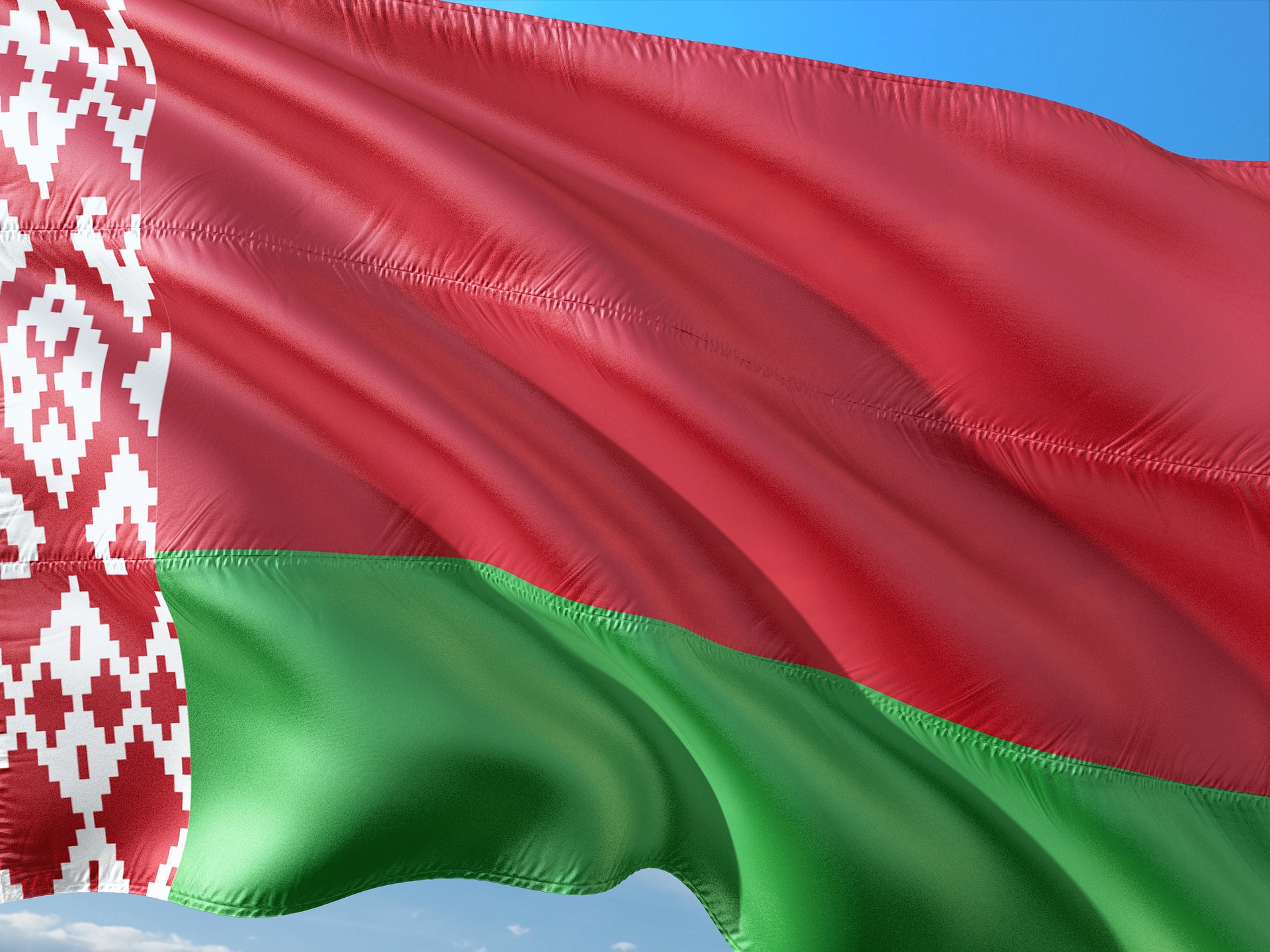Original article (in Montenegrin) was published on 10/02/2022
As a response to the question “Why do globalists care about Lukashenko”, a post appeared on Facebook in early February, containing data that make Belarus look like a promised country. However, most of this data is not accurate.
As a response to the question “Why do globalists care about Lukashenko”, a post appeared on Facebook in early February, containing data that make Belarus look like a promised country. However, most of this data is not accurate. Although this announcement on the networks is once again made relevant, the same information was also published by Glas javnosti, Nacionalist and Nacional online a few years ago.
Among the information that leads the reader to conclude that Belarus is a very prosperous country is that gasoline is cheaper than water and that a liter costs only 0.14 dollars. This is incorrect because a liter of gasoline in Belarus costs $0.80, while a bottle of 1.5 liters of water costs about $0.50.
It sounds almost unbelievable that there is no coronavirus pandemic in Belarus, which is certainly not true. The fact that Belarus did not introduce a “lockdown” and kept the borders open does not mean that there was no pandemic in that country, as evidenced by data on the number of patients and deaths from coronavirus.
The claim that a nurse’s salary is $1,000 and a teacher’s salary is $4,000 is not true either, because according to Salaryexpert, nurses have a monthly salary of about $400 and a university professor, according to the same site, about $480.
GDP per capita is not, as claimed, $14.192, but, according to the World Bank, it is $ 6.390.
The claim that the population is not required to pay for electricity is also incorrect. Although there are benefits for certain categories of the population, most still pay for electricity at publicly known tariffs.
In Belarus, despite the published claim, it is not forbidden to provide services related to real estate, which can be seen from the site that contains a list of real estate agencies.
The announcement also says that the population has tripled during the 26 years of Lukashenko’s rule, and infant mortality has been reduced nine times. However, according to the National Statistics Committee, in 1994, when Lukashenko came to power, Belarus had about 10.24 million inhabitants, while the number of inhabitants 26 years later, in 2020, was about 9.4 million. However, according to UNICEF, the number of deaths under the age of five has decreased compared to 1994.
Student Irina Yevseyenko, a Belarusian studying in the Russian city of Nizhny Novgorod, could not confirm that education and training abroad are at the state’s expense. She told FakeNews Tragac that her education was not funded by the state. As she said, there are international projects and scholarships, but it is far from the claim that the state pays for every education abroad.
We rate this post as fake news. This assessment is given to the original media report (entirely produced by the media that published it), which contains factually incorrect claims or information. Content rated as fake news could have been created and disseminated to misinform the public, that is, to present a claim that is entirely false as fact.



